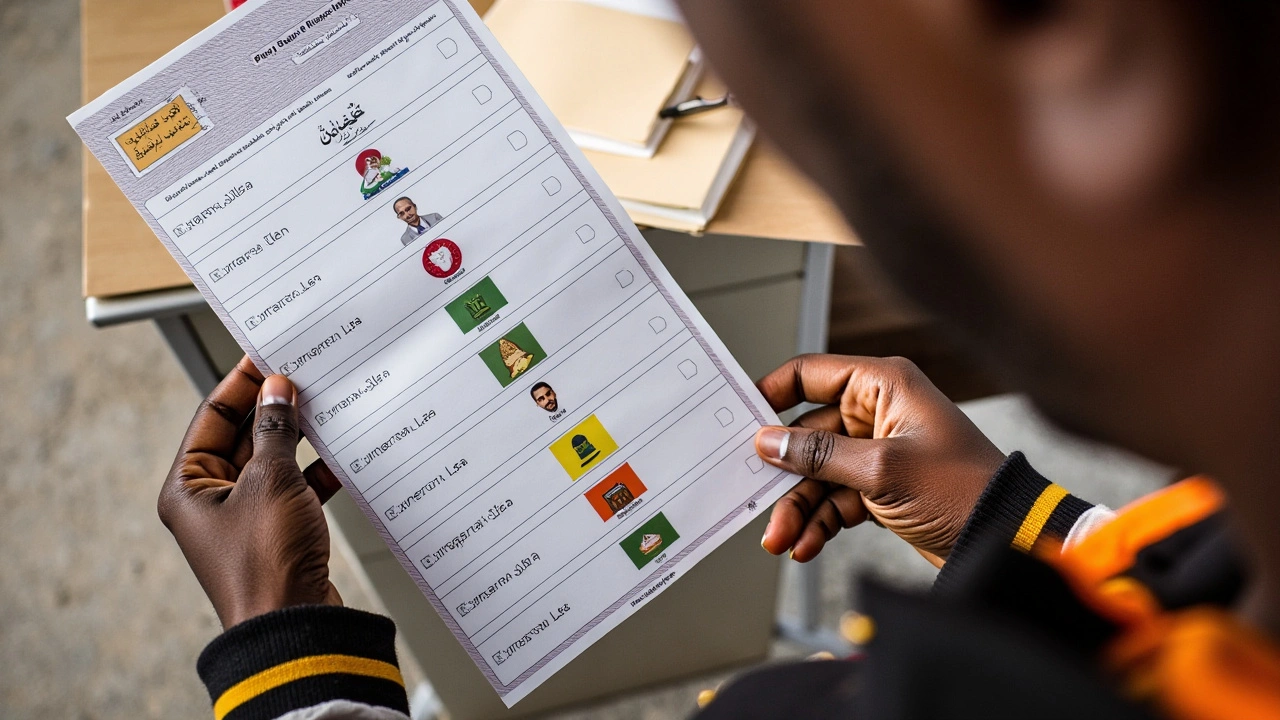Understanding Political Stability and Its Impact Today
Political stability is all about how steady a country's government is and how smoothly it can keep things running without major disruptions. When a nation like South Africa enjoys political stability, businesses can invest with confidence, daily life goes on without chaos, and the government can focus on growth and improvements.
But what happens when stability is shaky? It can trigger economic slowdown, unrest, or even make daily life unpredictable for regular people. Staying informed about the latest political shifts helps you understand how they might affect jobs, policies, and social services.
Why Political Stability Matters in South Africa
South Africa faces ongoing political and economic challenges that test its stability. Leadership changes, legal battles, or policy debates don’t just happen behind closed doors—they impact how communities function and grow. For example, moves by President Ramaphosa to appoint new government figures signal shifts that matter to everyone, from business owners to families.
Political stability also affects how well the country deals with issues like crime, inflation, and international relations. When leaders work together smoothly, it’s easier to create plans that boost the economy and improve social welfare.
Current Events Shaping Stability
Recent news shows a mix of developments influencing South Africa’s political steadiness. Court rulings on financial crimes and public protests against tax hikes illustrate ongoing tensions. Meanwhile, government decisions about legal appointments and economic policies show efforts to manage these challenges without losing ground.
Keeping track of these stories helps you see the bigger picture of how South Africa maintains or loses political balance. Whether you’re a citizen, businessperson, or visitor, understanding political stability helps you make better sense of daily headlines and what they mean for the future.
So, whenever you hear about political changes or debates in South Africa, remember they’re more than just news—they shape the environment affecting everyone’s life and opportunities.
Somaliland Presidential Election Sparks Renewed Push for International Recognition
On November 13, 2024, Somaliland, an unrecognized self-governing entity in the Horn of Africa, conducted its fourth presidential election since its 1991 declaration of independence from Somalia. This election is particularly pivotal as Somaliland intensifies its efforts for international recognition. Three main contenders vied for the presidency, with the election process being notably orderly and peaceful, a testament to the region's drive for stability.

